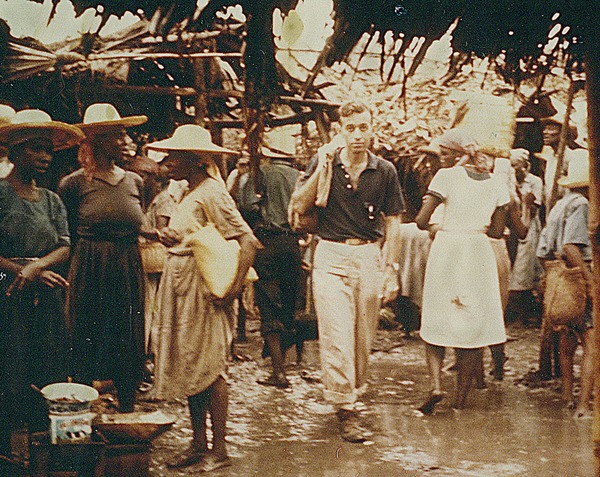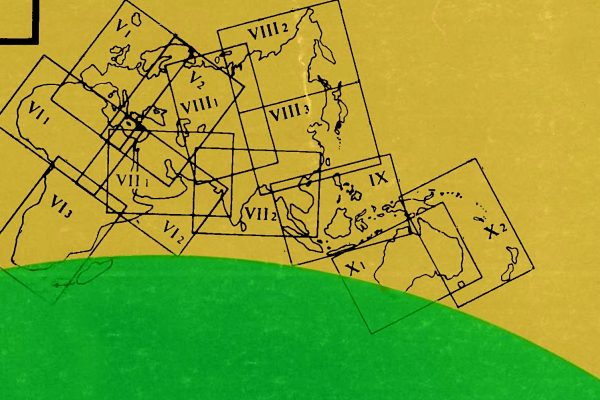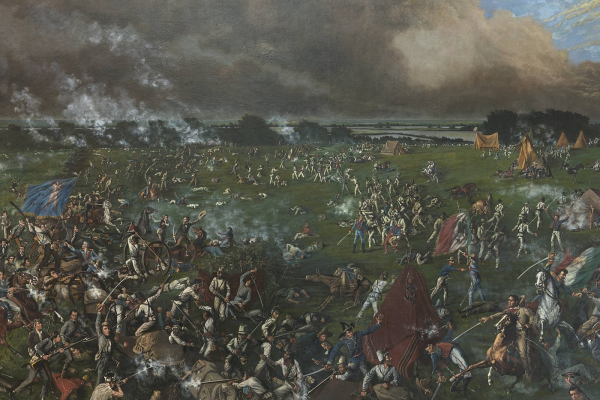Every medium of communication in the world is now overrun with pronouncements about Haiti. Many have been ill-informed, and a few maliciously intemperate. The extreme comments have the effect of making those that are mildly reasonable in tone seem more reliable; some, more so than they deserve. The New York Times, for instance, editorializes about Haiti’s “generations of misrule, poverty and political strife,” as if those nouns were enough to explain the history of Haiti.
Nations have beginnings, and then national histories, and the history of each is unique. I know how obvious that is. But the penchant among journalists and political scientists for creating phony categories such as “kleptocracies,” “developing nations,” and “failed states,” and then using these categories to obstruct serious talk, in this case about Haiti, immobilizes us and conceals the need to uncover the weight of local and particular history.
The New World’s second republic has indeed known political strife, bad leadership, and poverty. But to judge Haiti fairly, it is essential to remember that the country won its independence under the worst imaginable circumstances. The Haitians declared their freedom in 1804, when the New World was mostly made up of European colonies (and the United States) all busily extracting wealth from the labor of millions of slaves. This included Haiti’s neighbors, the island colonies of France, Great Britain, Denmark, and The Netherlands, among others. From the United States to Brazil, the reality of Haitian liberation shook the empire of the whip to the core. Needless to say, no liberal-minded aristocrats or other Europeans joined the rebel side in the Haitian Revolution, as some had in the American Revolution.
The inescapable truth is that “the world” never forgave Haiti for its revolution, because the slaves freed themselves.
By using the sword against their oppressors, the Haitian people turned themselves into Thomas Jefferson’s universal human beings. Yet they were feared and reviled for having done so. International political, economic, and religious ostracism, imposed by their slaveholding neighbors, followed and lasted for close to a century. Not until 1862 did the United States recognize Haiti. What country that profited from slavery could dare to be a good neighbor? The Vatican did not sign a concordat with the new nation until 1860.
After the Revolution, the Haitian people were left to build all the national institutions that a state requires. The term “institution” is used here in a simple way: organizations for the conduct of a society’s social life, whether economic, political, or cultural. This includes a postal system, a system of education, a health system, even a system of roads. Institutions in pre-revolutionary St. Domingue—the colonial name of the territory—served only the one-fifteenth of the population that was free.
After the Revolution, those institutions had to be created anew by Haiti’s citizens—slaves before and now free, perhaps two-thirds of them Africa-born. In their struggle to build a state, the Haitians were obliged to pay 150 million Francs in onerous “indemnities” to the French, on the grounds that the former slaves had until recently been the property of those they defeated. This added burden was backed by the threat of re-invasion. The indemnities were the price of diplomatic recognition by France; debt service would keep the Haitians in economic crisis until the twentieth century.
A country wracked by more than a decade of invasion and revolution, then faced with financial punishment and isolation for scores of years, could not build the internal framework a strong civil society requires. This new, impoverished nation, endowed with a deeply divided class structure and seeking to survive with only the feeblest of institutions, was befriended by no one. Over time, that comfortable phrase—“misrule, poverty, and political strife”—now used to explain everything in Haiti, became more and more applicable.
For now, it is enough to focus on Haiti’s horrifying and urgent needs. But there should come an opportunity for the world to address seriously the broad challenges the country faces. Those challenges will be better understood if the distinctive, historically endowed character of the Haitian people is recognized.








